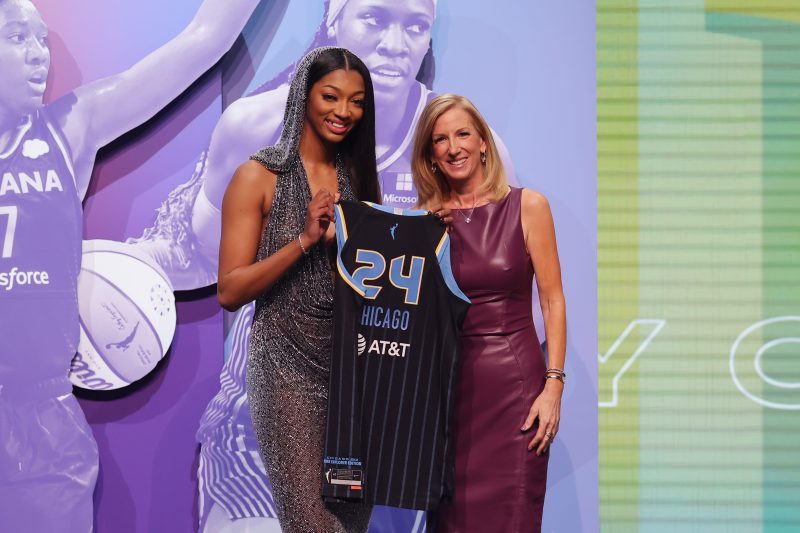The recent surge in interest and support for women’s sports has been a positive development, particularly in the world of basketball. The Women’s National Basketball Association (WNBA) has seen a growing fan base and increasing media coverage in recent years. However, as the league gains more attention and recognition, some concerning issues have come to light. In particular, the topic of abuse—both online and offline—against WNBA players has become a troubling reality that should not be overlooked.
The rise of social media and online platforms has provided fans with unprecedented access to athletes, allowing for direct engagement and interaction. While this increased connectivity has many benefits, it also opens the door to abuse and harassment. Female athletes, including WNBA players, often face a disproportionate amount of vitriol and negativity online. This abuse can range from hateful comments and personal attacks to threats of violence. Such behavior not only impacts the mental health and well-being of the athletes but also perpetuates a toxic culture within sports fandom.
It is essential to recognize that the abuse faced by WNBA players is not limited to the online realm. In a male-dominated sports landscape, women athletes have long been subjected to discrimination, disrespect, and even violence. This systemic issue is further exacerbated by societal norms and expectations that undermine the achievements and talent of female athletes. WNBA players, who work tirelessly to excel in their sport and serve as role models for aspiring athletes, should not have to endure such mistreatment simply for pursuing their passion.
While some may argue that abuse comes with the territory of being a public figure, it is crucial to distinguish between valid criticism and targeted harassment. Constructive feedback and differing opinions are an inherent part of professional sports, but there is a clear line that should not be crossed. Abuse, whether online or in person, is not a necessary price for WNBA players—or any athlete, for that matter—to pay for their dedication to the game.
Addressing and combating abuse against WNBA players requires a multi-faceted approach. Sports organizations, media outlets, sponsors, and fans all play a role in creating a safe and inclusive environment for athletes. Greater accountability for online harassment, promoting respectful discourse, and challenging harmful stereotypes are necessary steps to foster a culture of respect and support within the sports community. By standing together against abuse and intolerance, we can ensure that all athletes, regardless of gender, are able to compete and thrive without fear of reprisal.
In conclusion, the issue of abuse against WNBA players is a serious concern that demands attention and action. As the league continues to grow and garner interest, it is vital that we prioritize the well-being and dignity of the athletes who contribute so much to the sport. By promoting a culture of respect, empathy, and equality, we can support WNBA players in their pursuit of excellence and empower them to shine both on and off the court.
